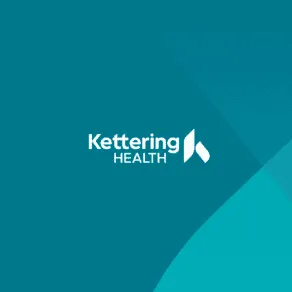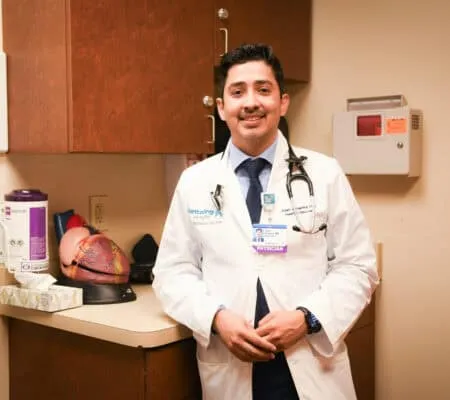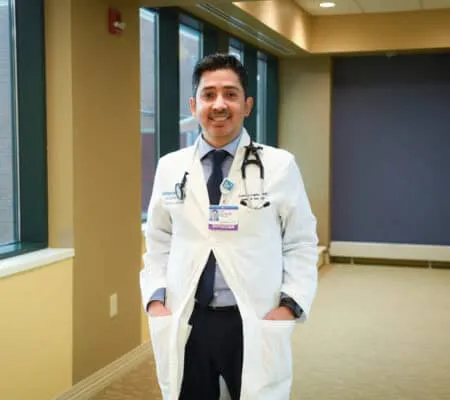What is Mechanical Circulatory Support?
Mechanical circulatory support refers to devices that help the heart when it can’t pump on its own. They help us keep your heart going during open-heart surgery and complex minimally invasive procedures.
We also offer devices for patients who need 24/7 support to keep the heart pumping. Our experienced team of specialists discusses options with you so your heart can stay healthy longer.
Types of Devices
At Kettering Health, we offer a range of mechanical circulatory support machines to help keep your heart beating and your body strong. They include the following:
- Extracorporeal membrane oxygenation (ECMO) machine: This pumps blood from the body to increase oxygen levels then pumps the oxygenated blood back into the body in more severe cases.
- Heart-lung machine: This is used during open-heart surgery to keep the body functioning while physicians operate on the heart.
- Impella Heart Pump: This is used during high-risk angioplasties and other minimally invasive surgeries to keep the body functioning while physicians operate on coronary arteries.
- Implantable Cardioverter Defibrillators: This shocks the heart into beating faster if needed.
- Pacemaker: This helps the heart regulate its rhythms.
Surgeons use ICDs and pacemakers to keep the heart beating properly in patients who have cardiac conditions, such as
- Ventricular fibrillation
- Ventricular tachycardia
- Left ventricular ejection fraction (LVEF)
- Hypertrophic cardiomyopathy





